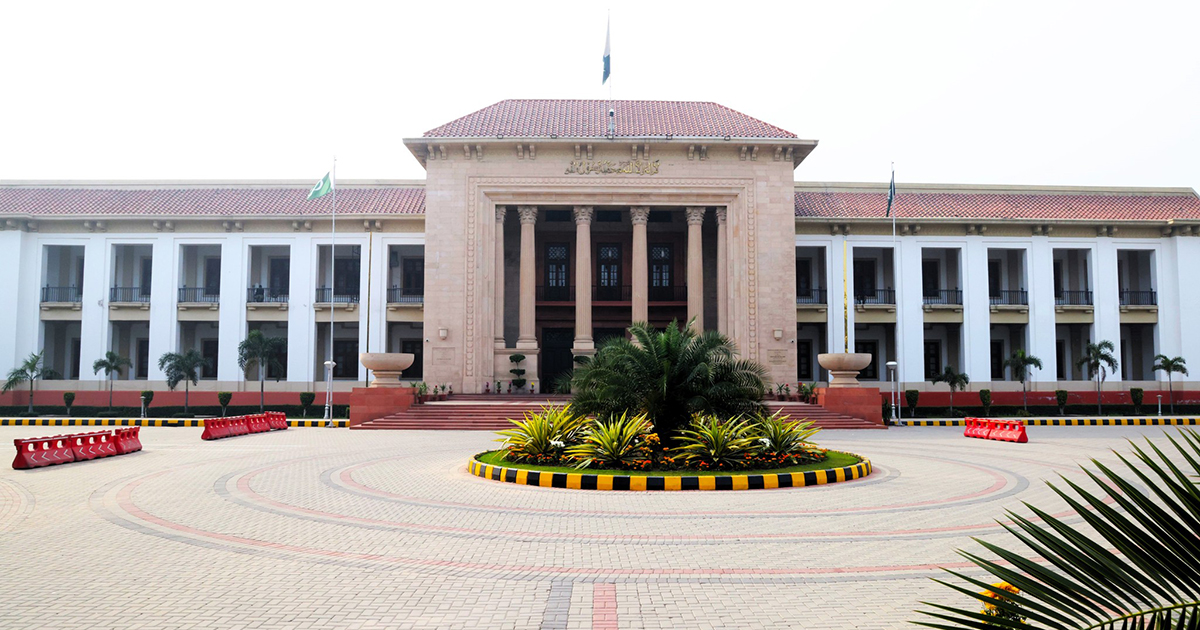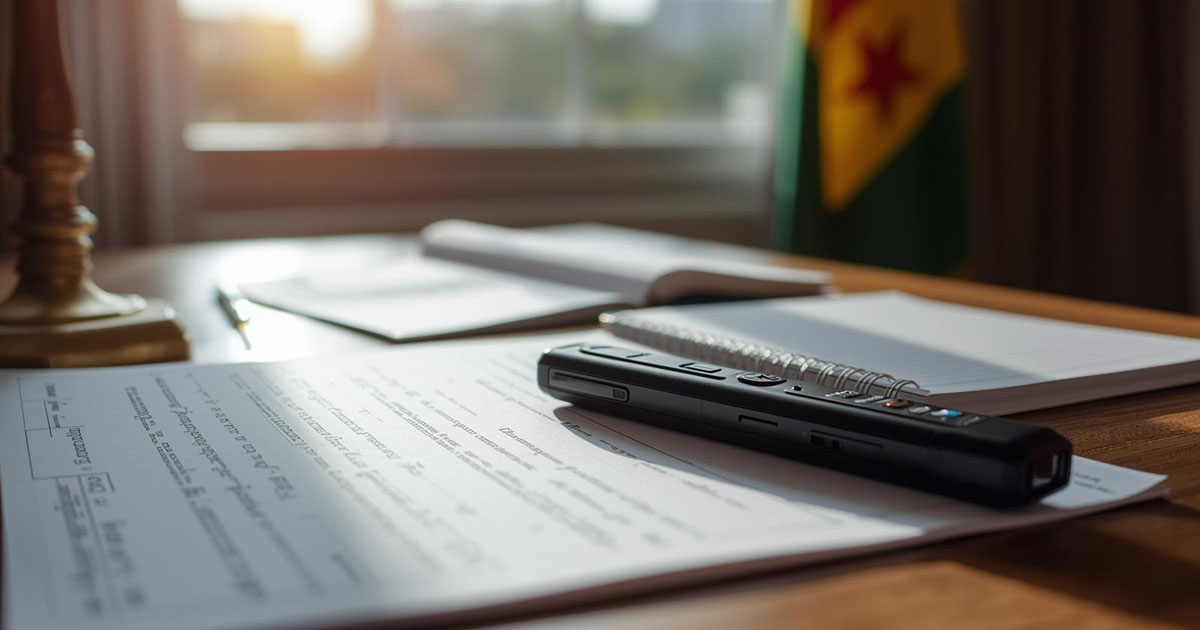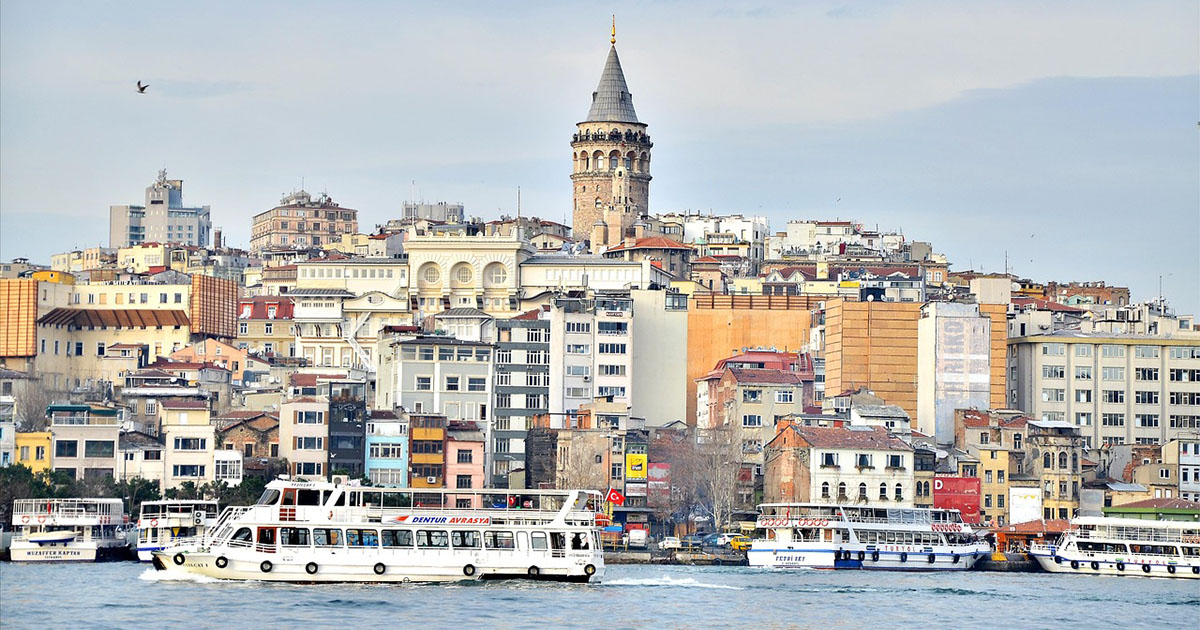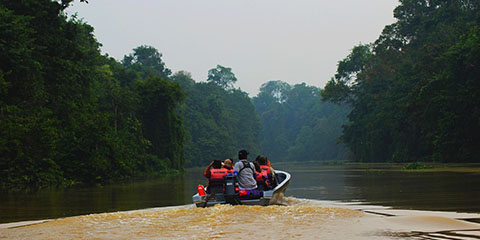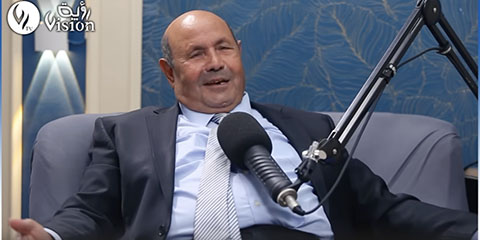High levels of gender discrimination, violence against women in media: IFJ
JournalismPakistan.com | Published 9 years ago
Join our WhatsApp channel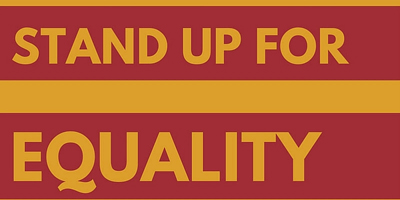
BRUSSELS - In a report to be released on International Women’s Day (March 8), the Gender Council (GC) of the International Federation of Journalists (IFJ) highlights high levels of gender discrimination and violence against women in the media across the globe.
“We have hit a plateau, a place where movement and change appear non-existent,” states the report, pointing at the Global Media Monitoring Project (GMMP), which indicates every five years the place women hold in the news. Its 2015 report starkly concludes that “Progress for women in news media has grinded to a halt.” The GMMP 2015 report, which was conducted in 114 countries with the help of some IFJ affiliates, shows that women make up “only 24% of the persons heard, read about or seen in newspaper, television and radio news, exactly the same level found in the 2010 report.”
These findings echo many of the regional and country reports presented earlier this year to the IFJ Gender Council. The reports, compiled by Gender Council members from around the globe, include snapshots of the situation for women journalists in: Palestine, Africa, Latin America, Europe, Mexico and Peru.
In many regions issues of violence, safety, continued bullying and harassment continue to undermine women’s role in the media. In some regions, women suffer from outright sexism and discrimination in the newsrooms and hiring practices, while in others it is the lack of access to promotions and jobs, or continued rising of unemployment – with women having the lowest rates of re-hiring and most often forced into unstable working conditions.
“The aftermath of the financial crisis continues to impact many women journalists and their unions,” says Co-Chair of the IFJ Gender Council Mindy Ran. “With a return to the bad old days where equality is once again seen as a luxury item to be added on as an extra – not at the beating heart of our unions. It is a dangerous trend that will leave the most vulnerable forced out of the profession, or decision-making posts in our unions, effectively erasing yet more of our voices.”
“It is our responsibility to fight against any form of discrimination in the newsrooms,” said IFJ President Jim Boumelha. “We urge our affiliates to build momentum for widespread action towards gender equality within our structures and in the media and mark International Women’s Day by spreading the word that journalists’ unions stand by gender equality standards.”
The IFJ calls on media companies to increase the number of women journalists in newsrooms and decision-making posts. It also encourages its affiliates to continue to promote equality within their own organizations and seek to have equal representation and urges them to pursue the fight against bullying, harassment and violence against women journalists. - IFJ Media Release
Related post from JournalismPakistan.com Archives:
Empower women so they reach decision making positions: IFJ





